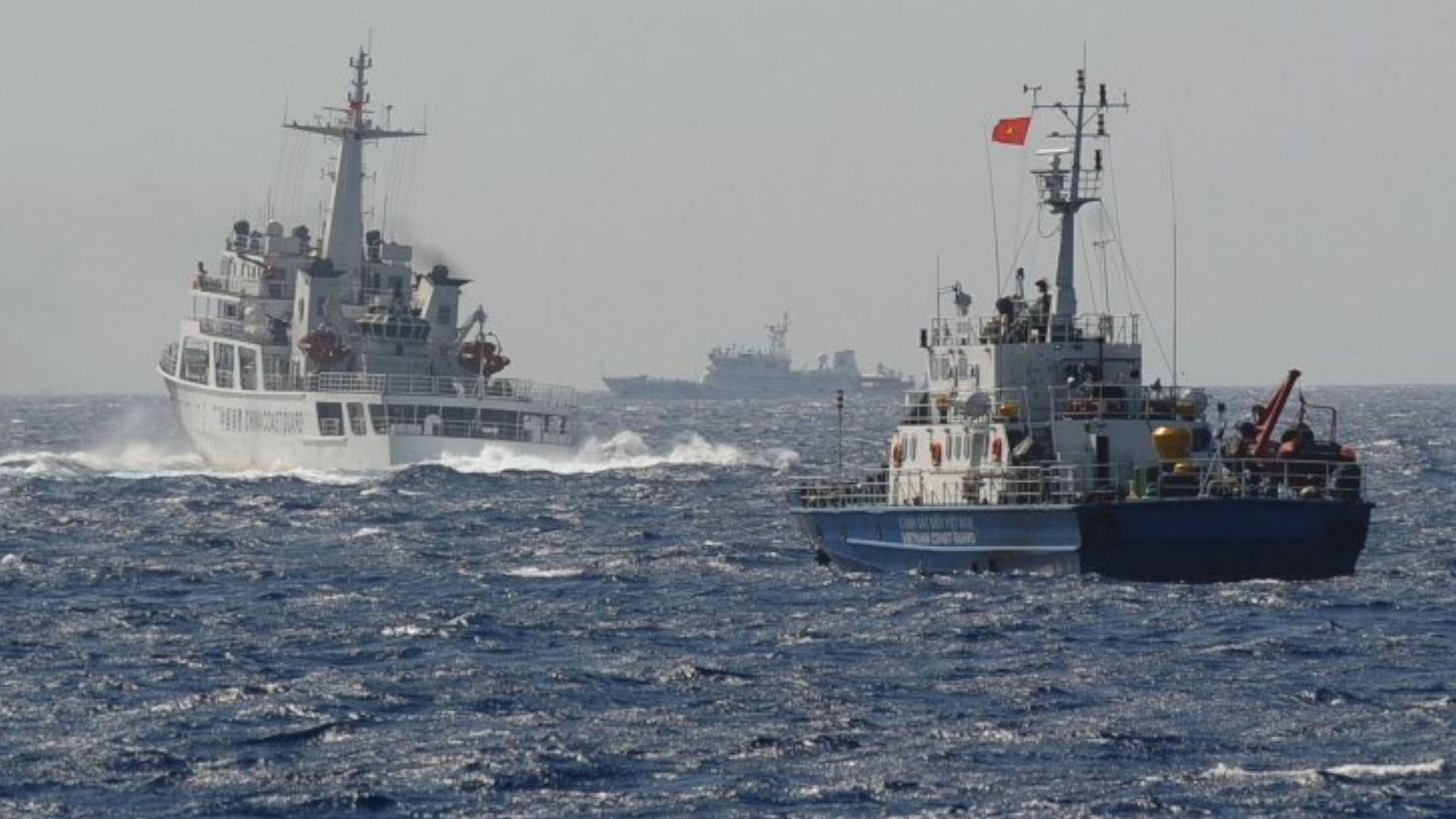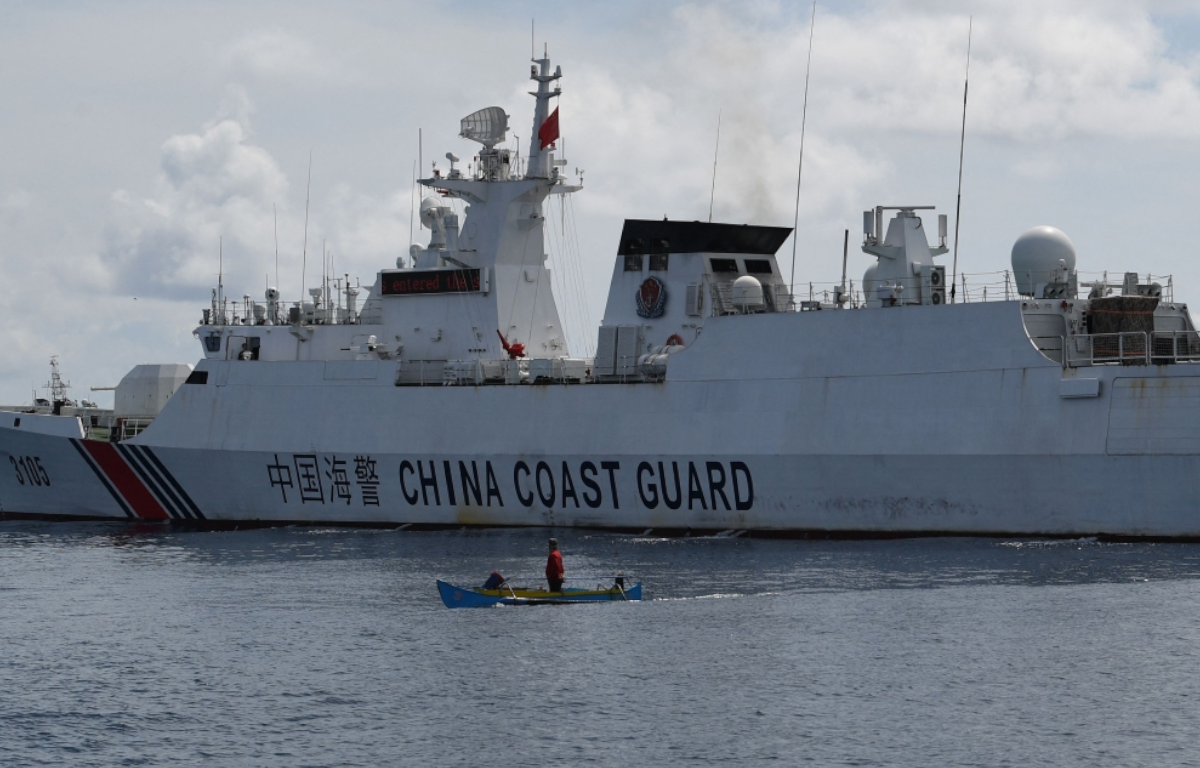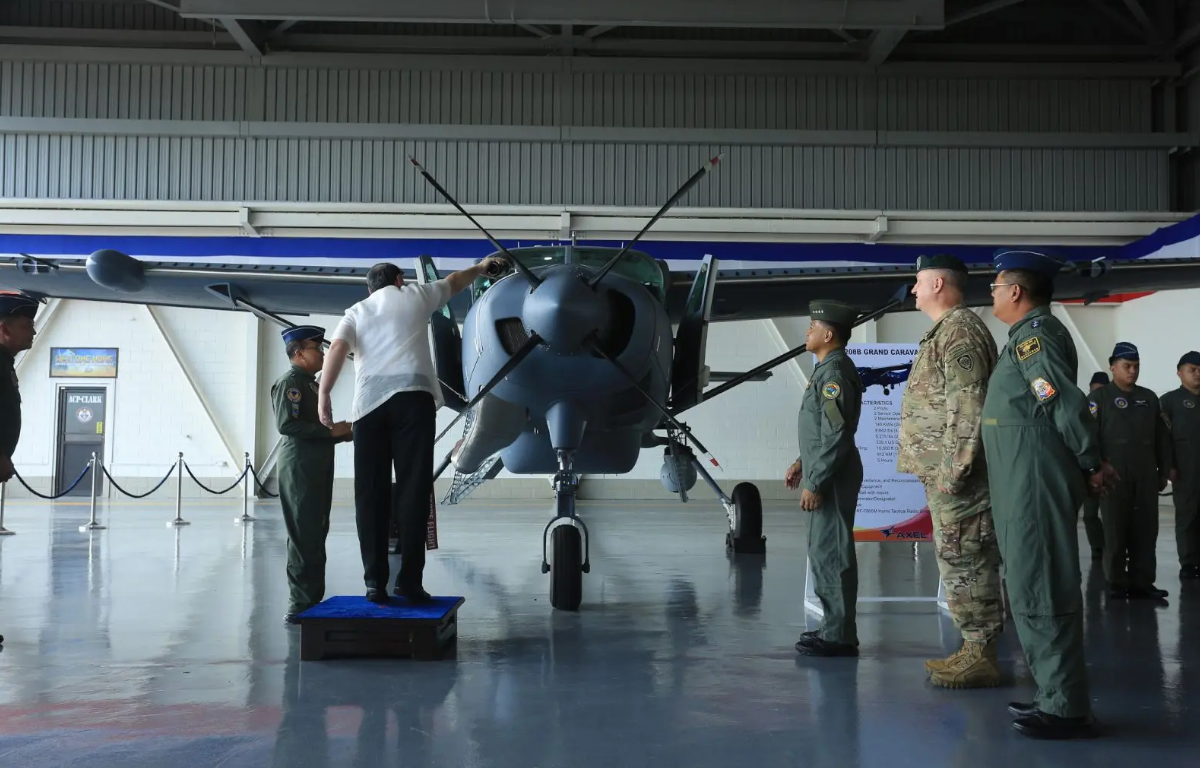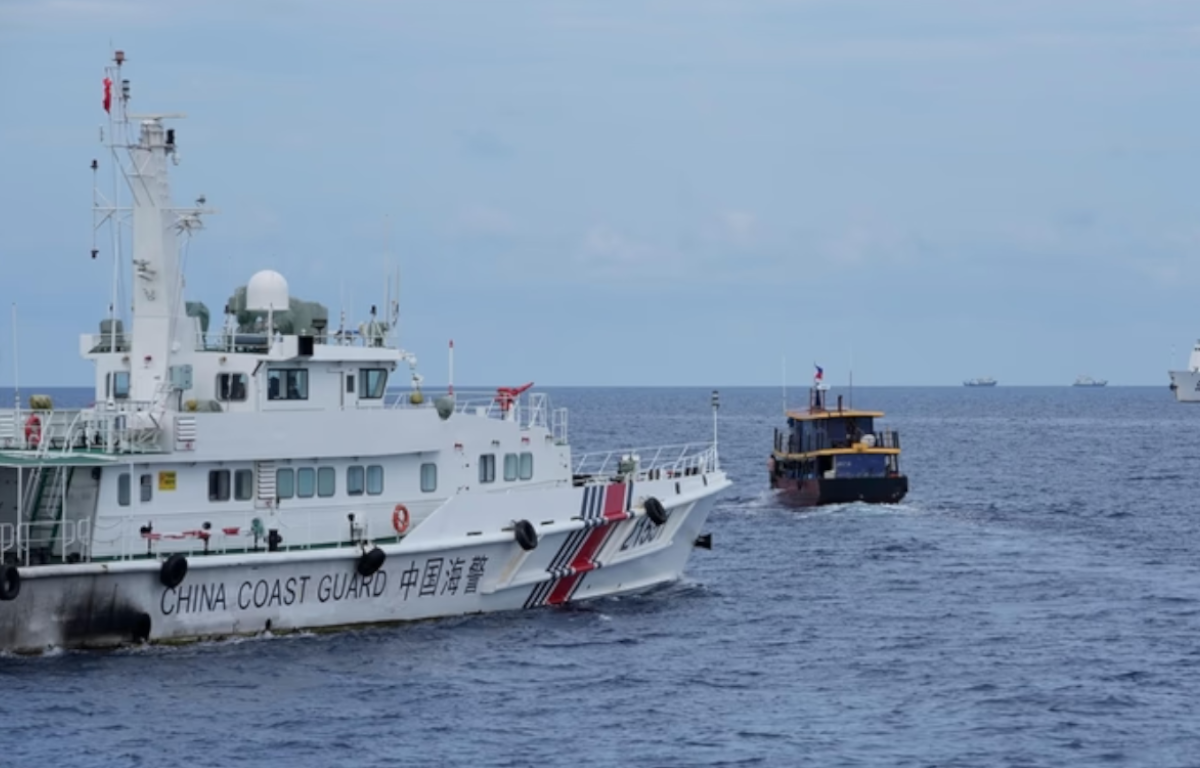
These exercises, involving the Philippines, the United States, and Japan, are designed to enhance maritime security and cooperation among the participating nations.
The trilateral drills come at a time of heightened scrutiny over China’s activities in the South China Sea, where it has been involved in territorial disputes with several Southeast Asian nations, including the Philippines. Despite these tensions, the Philippine Navy has expressed confidence that China will “behave well” and respect the international norms and protocols during the exercises.
The drills are aimed at strengthening naval interoperability and ensuring the freedom of navigation in the region, which is a critical conduit for global trade. The involvement of the United States and Japan underscores their commitment to maintaining peace and stability in the Indo-Pacific, amidst China’s increasingly assertive maritime claims.
Rear Admiral Toribio Adaci Jr., the Philippine Navy Flag Officer-in-Command, has emphasized the importance of these exercises in fostering regional security and collaboration. He noted that the drills would include a series of complex maneuvers and exercises focused on maritime domain awareness, search and rescue operations, and humanitarian assistance and disaster relief (HADR).
China’s presence and activities in the South China Sea have been a point of contention, with numerous incidents involving Chinese vessels and those of other nations in the contested waters. However, the Philippine Navy’s statement reflects a strategic optimism that China will refrain from provocative actions during the trilateral drills. This sentiment is likely rooted in diplomatic engagements and a mutual understanding of the potential repercussions of any aggressive behavior.
The participation of the United States and Japan is particularly significant. Both nations have vested interests in the stability of the South China Sea and have been vocal advocates for the rules-based international order. Their naval capabilities and strategic influence are seen as crucial in deterring any unilateral actions that might escalate tensions.
As the drills approach, all eyes will be on the interactions between the participating forces and China’s response. The Philippine Navy’s assertion of expected good behavior from China can be seen as a call for adherence to international maritime laws and norms, emphasizing the importance of peaceful coexistence and cooperation in disputed areas.
Moreover, these exercises are not just about military readiness but also about sending a clear message of unity and resolve among the participating nations. By conducting these drills, the Philippines, the United States, and Japan are demonstrating their commitment to safeguarding maritime security and ensuring that the South China Sea remains a sea of peace, stability, and lawful maritime activities.
The Philippine Navy’s anticipation of China’s “good behavior” during the WPS trilateral drills highlights a cautious optimism amidst ongoing regional tensions. The upcoming exercises will serve as a critical barometer for the state of international relations in the South China Sea and the effectiveness of multilateral efforts in promoting maritime security and stability. As these nations navigate the complexities of regional geopolitics, their actions and interactions will be closely watched by the global community.










Share this: